If you thought summer was the worst time for dry, chapped lips, think again. Winter can actually be the time more of us suffer from itchy, flaky, cracked and painful lips. A combination of cold, dry outside air, windy days, dry heated inside air, and constant exposure to temperature changes takes a toll on the sensitive skin of our lips.
Causes of chapped lips:
Essentially, chapped lips are dry lips – the result of being dehydrated. When the body lacks enough fluid, water moves from non-essential parts of the body like lips to internal tissues. Other causes include:
- foods that contain too much salt draw water out of the lips
- lack of moisture in the winter air and sun exposure are dehydrating
- the skin on the lips is thinner and more delicate than skin on the rest of the body, drying out ten times faster than the face
- lips have fewer oil glands compared to other skin areas
- chronically dry lips may indicate a vitamin or mineral deficiency, often Vitamin B12 or B2
- some medicines cause dry lips. Acne medication (e.g. oral isotretinoin) has a common side effect of dry, sore lips
- everyday skincare products, especially those used in acne treatments can get on the lips and dry them out. Use a protective balm if using skin products containing acidic or strong active ingredients.
Lip soothing ingredients:
- Look for products that are hypoallergenic and fragrance-fee.
- Natural ingredients such as beeswax, cocoa or shea butter, Vitamin E, coconut oil, hemp seed oil are nourishing and moisturizing, forming a protective barrier.
- Use an ointment-based lip balm to lock in moisture for longer and help to heal cracks and splits.
- Lanolin can soften and fill in cracks between dead cells on the lip surface (although some people can be allergic to this ingredient).
Prevention and treatment:
- Treat chapped lips right away, as if left, they can get deeper cracks, bleed or get infected.
- Keep lip balms handy and use several times a day including after showering and before bed. Have more than one and keep them in the bedroom, car, bags, at work, in pockets.
- Choose a lip balm that contains sunscreen of SPF 30 or above. Lips still get burnt in winter especially if near reflective surfaces like water or snow.
- Use a gentle lip exfoliator (e.g. sugar scrubs) to remove dead skin cells on lip surface to make them feel softer and look better.
- Use a humidifier (ideally in the bedroom while sleeping) – this adds moisture back into the air, and lips don’t dry out so fast.
- Don’t pick, lick or bite dry lips.
- Stay hydrated – when you don’t drink enough water, you don’t produce enough saliva and lips become drier.
- Decrease caffeine and alcohol intake as these dehydrate you.
- Wear a scarf or cover mouth when outside.
- Apply lip balm at night time. Many people are mouth breathers. Sleeping with your mouth open all night can dry out lips!
- A course of B complex vitamins may help improve chronically dry lips.
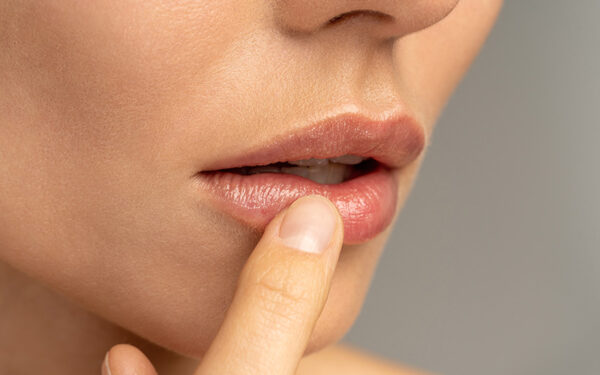
Lip irritants:
If anything causes burning or stinging, stop using it as you may be sensitive to one of the ingredients.
- Lipsticks and lip glosses can have ingredients that are drying or irritating. Take a break from using them over winter, or use a balm or salve on your lips first before applying.
- Pigments and fragrances in lipsticks, and food flavourings can cause contact allergies and worsen dry lips.
- Don’t hold things with your lips, especially metal items like paperclips or jewellery. Some metals can irritate sensitive lips.
- Saliva contains enzymes for digesting food which are irritating to lips. Lip-licking can become a habit which is hard to break. It strips the natural oils and moisture from lips, doing the opposite of what we intend!
Keep lips moist throughout the day to prevent them drying out in the first place. Invest in good quality lip balms and salves with natural ingredients and sunscreens to keep your lips looking and feeling good year-round. Ask your pharmacist for advice if you have allergies or react to certain ingredients.








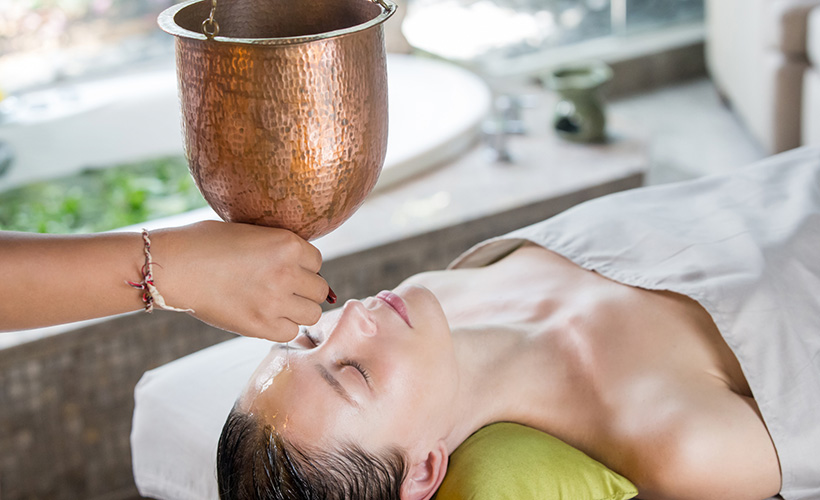
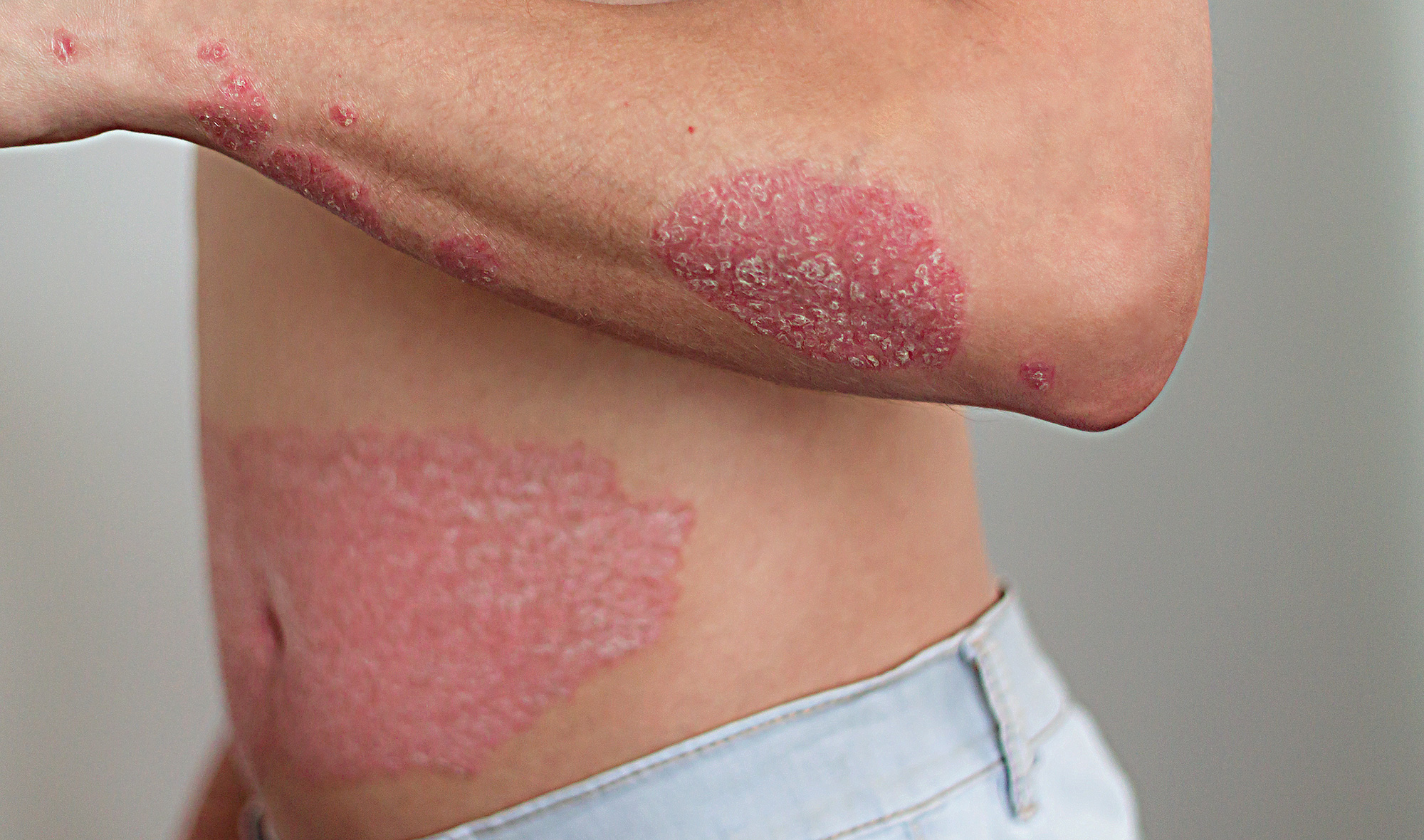

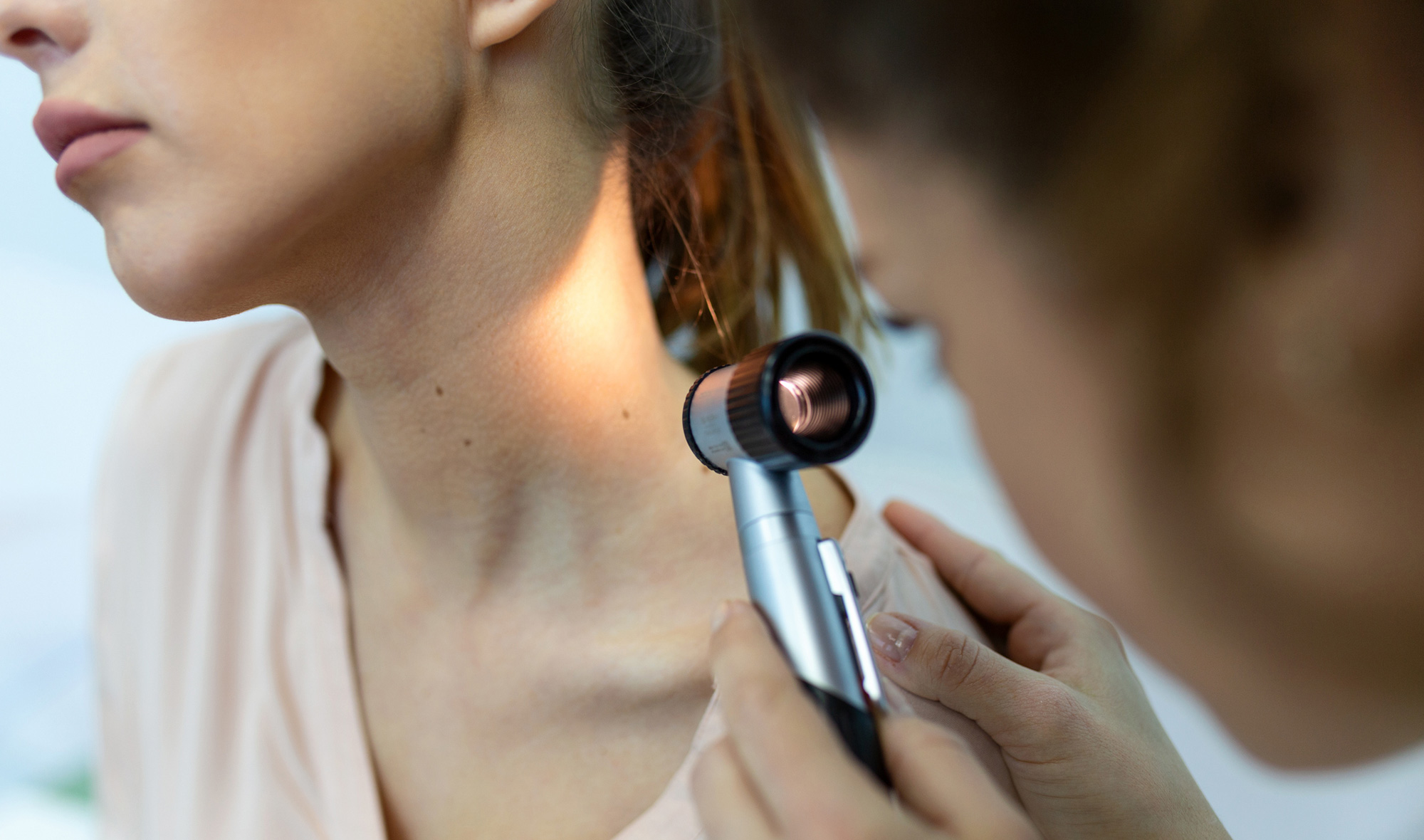



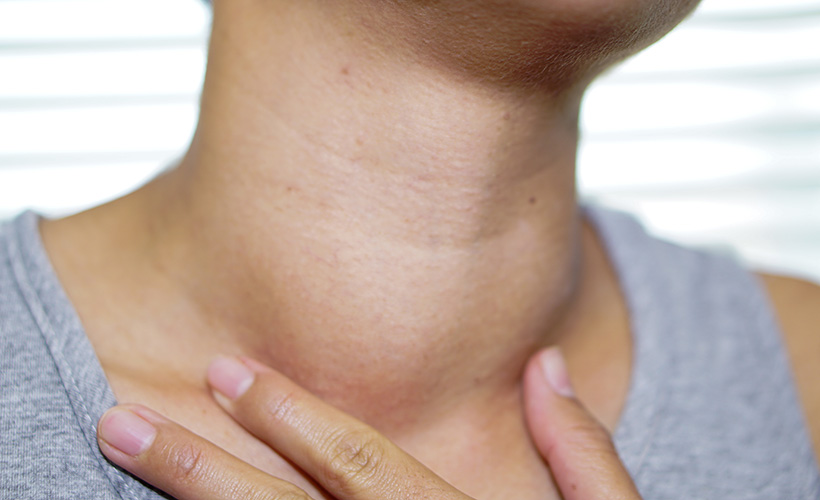


Community